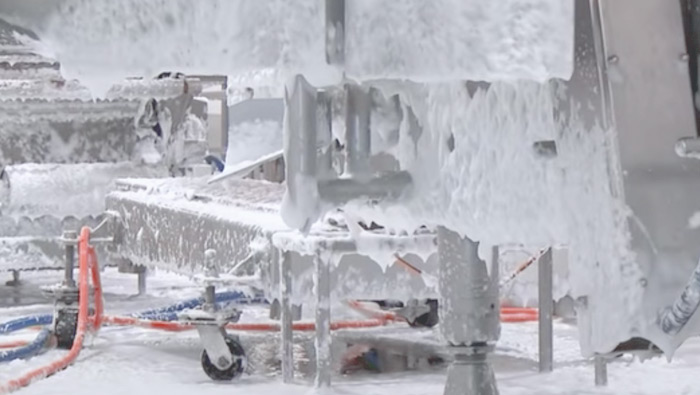As a dietary supplement firm, and a subcategory of foods, how do you decide which cGMPs to follow?
The answer is determined by what specifically you produce – dietary supplements or dietary ingredients. Once that is understood, the cGMP operational requirements, particularly around equipment sanitation, become clear.
First cGMPs:
Where dietary supplement products are manufactured, the dietary supplement Current Good Manufacturing Practice (cGMP) requirements dictated in 21 CFR 111, Current Good Manufacturing Practice in Manufacturing, Packaging, Labeling, or Holding Operations for Dietary Supplements, must be applied and followed.
Facilities that only manufacture foods use the cGMP requirements provided in 21 CFR 117, Current Good Manufacturing Practice Hazard Analysis, and Risk-Based Preventative Controls for Human Food, known as the Food Safety Modernization Act or FSMA.
What about dietary ingredient suppliers? A manufacturer of ONLY dietary ingredients that will be further processed by someone else (ie – a company that makes dietary supplement products from those ingredients) is exempt from compliance to the dietary supplement GMPs dictated in 21 CFR 111. An ingredient manufacturer must instead comply with all of the requirements for FSMA including GMPs governed in 21 CFR 117.
What does this mean for sanitizing equipment?
Certainly, manufacturers of both foods and dietary supplements must ensure that there is no microbial contamination or other types of contamination and cross-contamination of its products. Both of these cGMP regulations have similar basic requirements for the facility and its equipment when it pertains to contamination.
However, 21 CFR 111 requires other systems to be in place to ensure that there is no contamination including the requirement to qualify all equipment and this is conducted using an Installation Qualification, Operational Qualification, and Performance Qualification (IQ/OQ/PQ) process; in-process and finished product testing is required on every batch of product to verify that there is no contamination; records of all equipment cleaning must be provided in, or referenced in a Batch Production Record that is prepared for every batch; and cleaning validation studies on the equipment are recommended to ensure that the cleaning and sanitization regime is designed to prevent such contamination.
EAS offers free regulatory on-demand webinars including Hygienic Monitoring and Improvement, Dietary Supplements and FSMA and FDA GMP Enforcement – a Look at Observations and Trends. We also have a short course on Hygienic Equipment Sanitation for Foods.
Need more help? Contact us to discuss your specific concerns.
Posted in Did You Know, Dietary Supplements, Foods.
